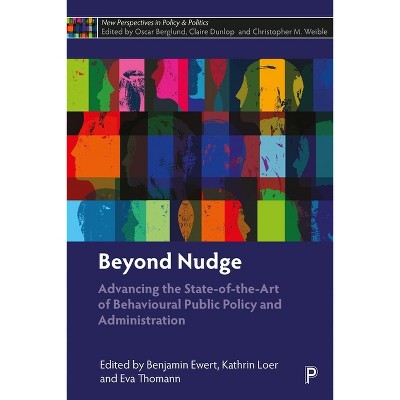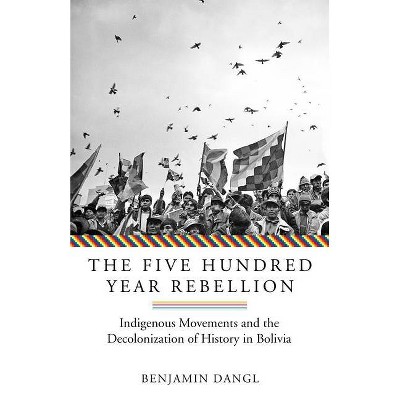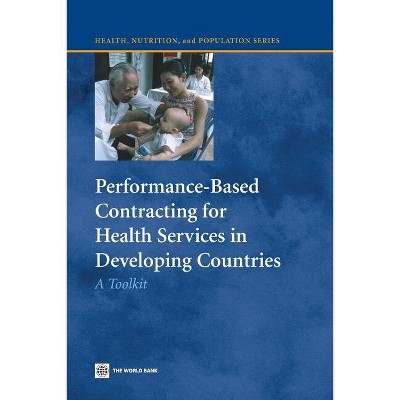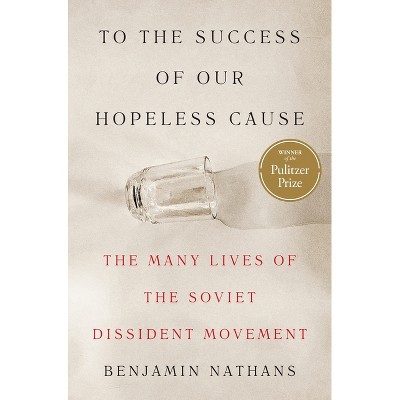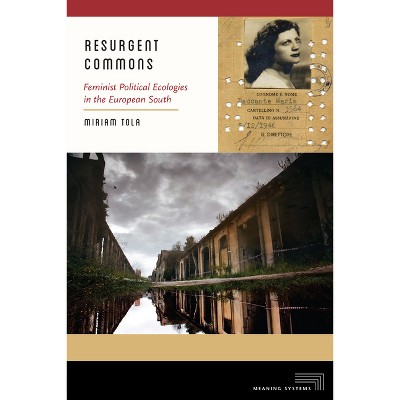The Commons - by Stéphanie Leyronas & Benjamin Coriat & Kako Nubukpo (Paperback)

About this item
Highlights
- 'The Commons' explores the many forms of development being championed by Africa's residents, users, and citizens.
- About the Author: The World Bank came into formal existence in 1945 following the international ratification of the Bretton Woods agreements.
- 220 Pages
- Business + Money Management, Decision-Making & Problem Solving
Description
About the Book
This study focuses on forms of commons-based entrepreneurship in sub-Saharan Africa that have developed in response to issues ranging from land and natural resources management to public services, employment and training, climate change and biodiversity.Book Synopsis
'The Commons' explores the many forms of development being championed by Africa's residents, users, and citizens. In addition to managing property and shared tangible and intangible resources collectively, communities are experimenting with a concept of 'commoning' founded on values such as community, engagement, reciprocity, and trust. In practice, their approach takes the form of land-based commons, housing cooperatives, hybrid cultural spaces or places for innovation, and collaborative digital platforms.
The purpose of this book, where observation of historical and recent practices converges with new theories within commons scholarship, is not to promote commons themselves. Rather, it examines the tensions, drivers of change, and opportunities that surround commons dynamics in Africa. This book highlights the abundance of commons-based entrepreneurial processes in Sub-Saharan Africa and shows that partnerships between African public authorities and communities involved in the commons can be powerful drivers of sustainable development for the continent.
About the Author
The World Bank came into formal existence in 1945 following the international ratification of the Bretton Woods agreements. It is a vital source of financial and technical assistance to developing countries around the world. The organization's activities are focused on education, health, agriculture and rural development, environmental protection, establishing and enforcing regulations, infrastructure development, governance and legal institutions development. The World Bank is made up of two unique development institutions owned by its 185 Member Countries. The International Bank for Reconstruction and Development (IBRD) focuses on middle income and creditworthy poor countries and the International Development Association (IDA), which focuses on the poorest countries in the world.Shipping details
Return details
Trending Non-Fiction







